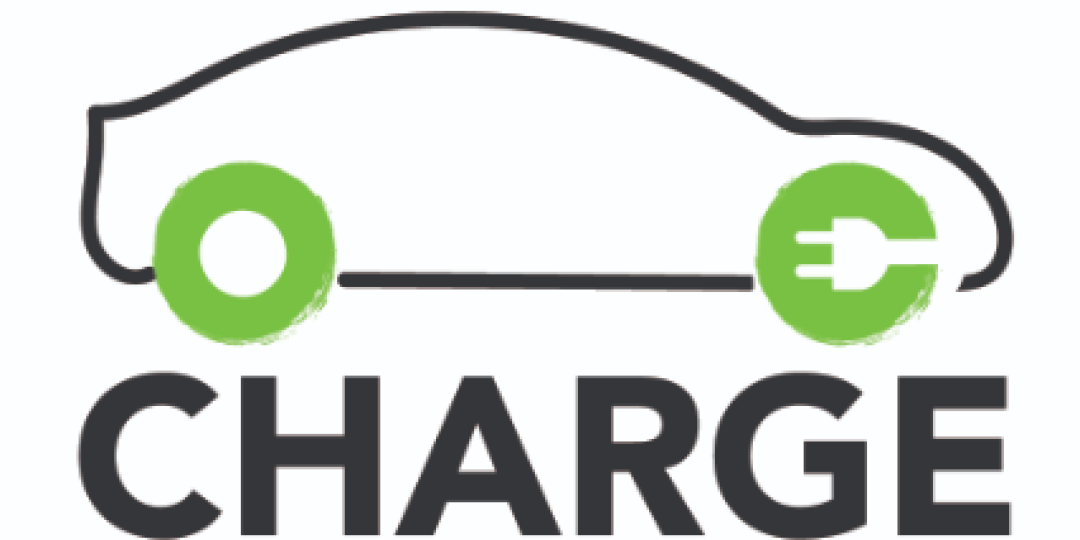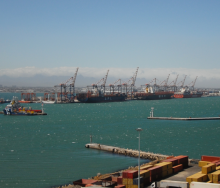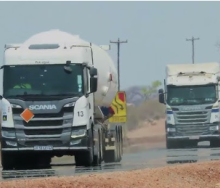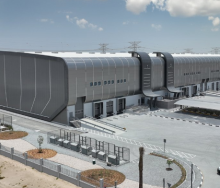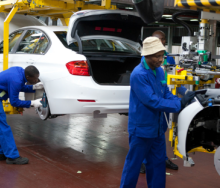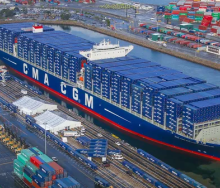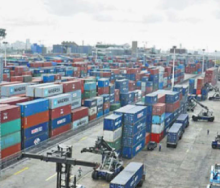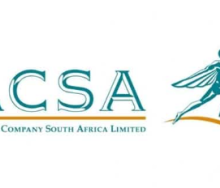Zero Carbon Charge (Charge) has pledged R9.4 billion for the development of off-the-grid renewably powered electric vehicle (EV) charging infrastructure across KwaZulu-Natal (KZN), starting with the N3 route from Durban to Johannesburg.
Charge signed the investment pledge at the KZN Investment Conference last week, where it also signed a memorandum of understanding (MOU) with the Department of Economic Development, Tourism and Environmental Affairs (EDTEA) in support of the project.
The roll-out will include a truck charging and battery swapping route on the major freight N3 highway between Durban and Johannesburg as well as the development of 17 solar-powered electric passenger vehicle charging stations.
Charge’s chief executive, Joubert Roux, and EDTEA HOD Nhlakanipho Nkontwana signed the pledge and MOU with the support of EDTEA MEC Musa Zondi during conference.
The MOU outlines EDTEA’s commitment to creating a conducive environment for the roll-out of off-grid EV charging stations in KwaZulu-Natal, in particular, the development of the first off-grid, ultra-fast electric truck charging and battery swapping stations in the country.
The charging stations form part of the 120 renewable EV charging facilities that the company is developing across the country, spaced at 150km intervals. An additional 120 electric truck charging stations will also be developed on major highways across South Africa.
“We are grateful to the KwaZulu-Natal government for their support and belief in our project,” said Roux.
“This landmark agreement marks a significant step forward in KwaZulu-Natal’s transition to sustainable energy and transportation, preparing the province for the shift to EVs in South Africa.”
The off-grid charging stations will continue to operate uninterrupted during loadshedding and will provide a clean, zero-emission alternative to charging from Eskom’s primarily dirty coal-powered grid.
According to Charge’s research, an EV charged from Eskom’s national power grid indirectly emits 5.8 tonnes of CO₂ per year. By comparison, an average petrol-powered car emits 4.4 tonnes of CO₂ per year. This highlights that simply swapping petrol cars for grid-powered EVs won’t help reduce emissions.
Zondi expressed his department’s full support for the initiative.
“The launch of Charge’s green charging stations marks a transformative step in our journey towards a carbon-neutral economy. The MOU underscores our commitment to not only reducing our carbon footprint but also creating new economic opportunities and enhancing energy resilience in our communities. We hope that KwaZulu-Natal can set a bold example for other provinces on how to achieve sustainable growth that benefits both our citizens and the planet,” said Zondi.
Roux said the project would be rolled out across the province’s agricultural regions.
“Farmers are essential to this effort, and we are committed to providing them with added revenue streams through a share of up to 5% of the revenue generated by charging stations on their land, as well as surplus electricity.”
He said the MOU aligned with similar partnerships the company had established in other provinces, including the Eastern Cape, Northern Cape, Limpopo and Free State. The agreements underscore a broader commitment to sustainable, off-grid solutions that ease dependence on the coal-powered grid.
The municipalities where the charging stations will be located are: Alfred Duma Local Municipality, uMuziwabantu Local Municipality, Umkhanyakude District Municipality, Okhahlamba Local Municipality, Abaqulusi Municipality, Greater Kokstad Local Municipality, Inkosi Langalibalele Local Municipality, uMngeni Local Municipality, Mkhambathini Local Municipality, Umuziwanbantu Municipality, Greater Kokstad Local Municipality, uPhongolo Local Municipality and UMlalazi Local Municipality.
